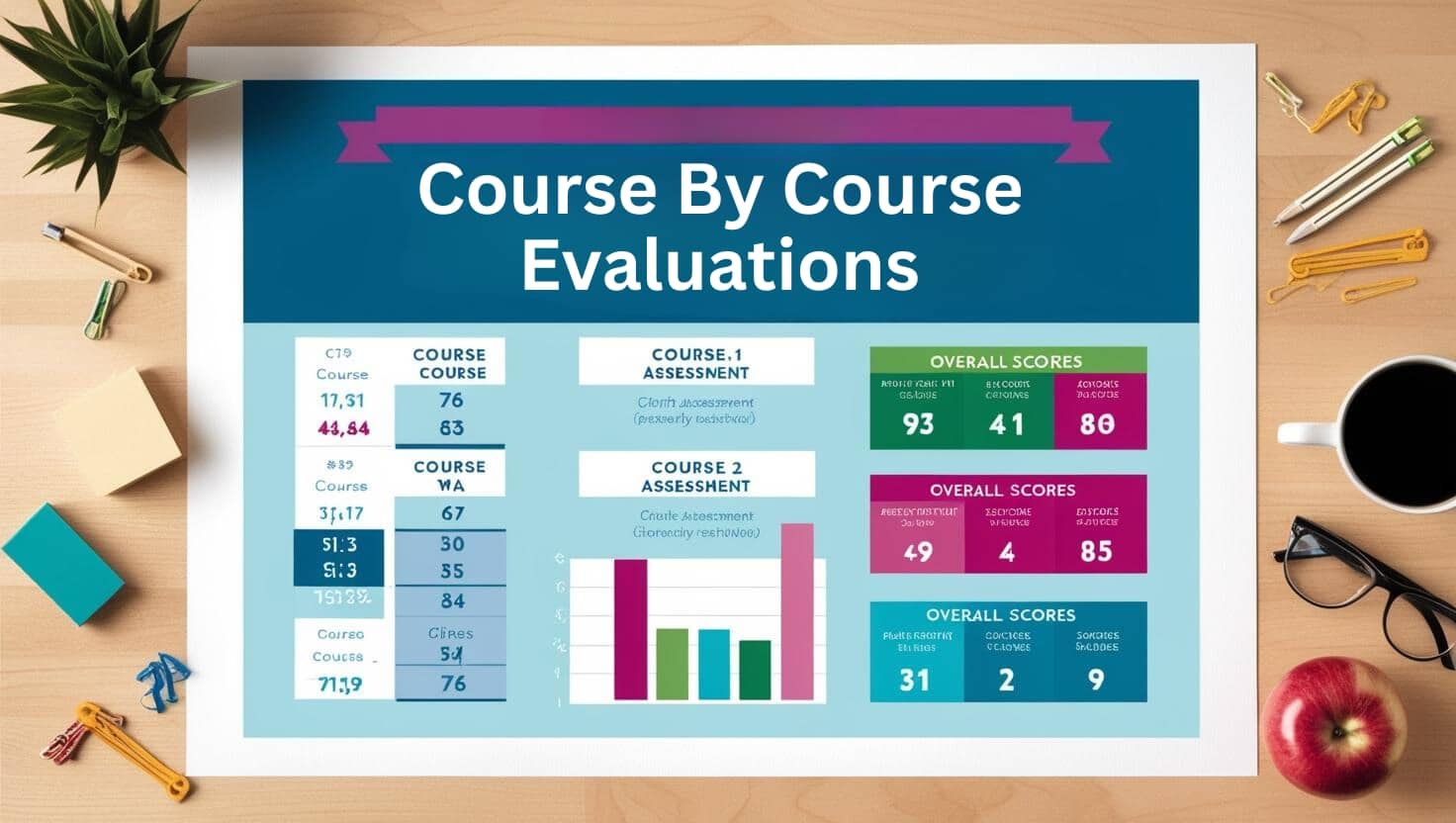Introduction
In today's dynamic service landscape, assessing organization prepare for sustainable growth and innovation has actually ended up being more critical than ever. Business owners and recognized organizations alike are regularly searching for methods to ensure their techniques not only yield revenue but likewise line up with sustainable practices and foster innovation. This article delves into various aspects of examining business strategies, focusing on sustainable development, development, and the importance of academic and international credential examination services that provide a robust structure for decision-making.
What Makes a Service Plan Effective?
An organization plan is a formal document detailing a company's goals, the method to achieve them, and the required resources. An effective service plan must resolve key questions such as:
- What are the marketplace opportunities? Who is the target audience? What is the unique selling proposal (USP)? How will success be measured?
Understanding these components is crucial when evaluating organization prepare for sustainable development and innovation.
Evaluating Organization Plans for Sustainable Development and Innovation
Evaluating business plans requires an organized method that thinks about both qualitative and quantitative metrics. To sustain growth while fostering development, companies require to strike a balance between monetary viability and social responsibility.
The Importance of Sustainable Growth in Organization Plans
Sustainable development refers to expanding a company's operations without compromising future ecological or social resources. A well-articulated company strategy ought to describe how the company plans to accomplish this balance.
Key Parts of Sustainable Growth
Resource Management: Effective usage of natural resources. Social Responsibility: Engagement with neighborhoods and stakeholders. Financial Health: Preserving profitability while purchasing sustainable practices.By integrating these components into their examination criteria, companies can guarantee that they remain competitive while contributing favorably to society.
The Function of Development in Business Success
Innovation is not practically presenting brand-new products; it's about rethinking processes, services, and even organization designs. Evaluating how a business plan integrates development can offer insights into its long-term viability.
Types of Development in Service Plans
Product Innovation: Establishing new or enhanced goods. Process Innovation: Enhancing operational efficiency. Business Design Innovation: Redefining income streams or consumer engagement strategies.Each type plays a critical function in keeping significance in an ever-evolving market landscape.
Integrating Academic Credential Examination into Business Planning
When evaluating the potential success of any venture, it's necessary to consider the team behind it. Academic credential examination plays a considerable role here.
Understanding Academic Credential Evaluation
Academic credential assessment evaluates foreign academic credentials to guarantee they meet particular requirements within another country's education system. This process can help services identify certified people who bring important know-how to their operations.

International Credential Assessment Services
Choosing trustworthy global credential examination services makes sure that companies work with certified candidates who can contribute successfully to sustainable growth initiatives.
Course-by-Course Credential Evaluation
A course-by-course credential assessment uses granular insight into a candidate's instructional background by analyzing individual courses taken rather than just confirming degrees granted. This in-depth technique assists companies comprehend particular skills appropriate to their needs.
Work Experience Evaluation: Examining Practical Skills
While academic qualifications offer foundational understanding, useful experience frequently figures out a person's effectiveness in real-world scenarios. Work experience examination concentrates on evaluating occupational competencies established through work history.
Importance of Work Experience Evaluation
It provides context around instructional qualifications. It highlights appropriate skills acquired from previous roles. It exposes prospective spaces in proficiency that might require filling through training or working with strategies.By including work experience assessments into their working with procedures, business can better place themselves for sustainable growth through notified working with choices.
Expert Viewpoint Letters: A Prized Possession Possession in Evaluations
A professional viewpoint letter acts as an evaluation tool that encapsulates the views of specialists relating to a person's qualifications or experiences associated with particular fields or industries.
How Expert Viewpoint Letters Enhance Service Plan Evaluations
They supply third-party validation of credentials. They deal insights into market standards. They help bridge spaces in between scholastic certifications and useful application.Utilizing skilled viewpoint letters can significantly bolster the trustworthiness of examinations performed on possible hires or partners in sustainability-focused ventures.
Business Plan Examination Requirements: An Extensive Framework
When it boils down to examining any service strategy efficiently, having clear criteria is crucial for guaranteeing thorough assessments that align with both instant objectives and long-term visions for sustainable development and innovation.
Key Areas for Evaluation
Market Analysis:- Understanding competition Identifying target demographics Recognizing trends impacting market demand
- Efficiency of production processes Supply chain management Quality control measures
- Revenue forecasts Cost analysis Break-even analysis
- Environmental effect assessments Carbon footprint reduction goals Community participation strategies
- Research & & development allocation Technology integration plans Intellectual home considerations
By adequately addressing these areas throughout examinations, stakeholders can get clearness on the expediency of proposed company plans aimed at fostering sustainable growth and driving development forward.
FAQs About Assessing Organization Plans for Sustainable Growth
1. What are some typical difficulties dealt with during organization strategy evaluations?
Common challenges include lack of clarity in objectives, insufficient data supporting claims made within the plan, misalignment in between short-term tactics versus long-term objectives, and undervaluing market characteristics affecting sustainability efforts.
2. How important is financial forecasting within a business plan?
Financial forecasting is vital as it helps stakeholders comprehend prospective success with time while providing benchmarks against which actual efficiency can be measured-- critical indicators when planning for continual success!
3. Can professional viewpoints really affect investment decisions?
Absolutely! Professional opinions provide reliability by offering extra context around qualifications/experiences which eventually affects financier understandings leading them towards informed decisions concerning financing ventures concentrated on innovative solutions or sustainability initiatives!
4. Why ought to business incorporate sustainability metrics into their evaluations?
Incorporating sustainability metrics helps companies stay pertinent amidst growing consumer awareness about eco-friendly impacts-- proving useful https://edwinxhks470.mystrikingly.com/ not simply fairly but likewise economically as consumers significantly prefer brands dedicated toward accountable practices!
5. What distinguishes effective innovations from less impactful ones?
Successful developments typically address authentic consumer needs rooted within empirical research-- backed by strategic application efforts focused on developing value whereas less impactful developments often arise from hasty pursuits lacking considerable validation!
6. What function does scholastic credential assessment play in employee selection processes?
Academic credential examinations ensure prospects have requisite credentials matching industry requirements-- essential when looking for talent capable enough not only provide expected outcomes however also drive future organizational advancement!

Conclusion
In conclusion, examining business prepare for sustainable growth and development includes multiple elements varying from comprehending market dynamics to validating specific proficiencies through numerous forms such as scholastic credential assessments or professional opinions letters-- all important parts forming successful outcomes! By dedicating time towards cautious evaluations utilizing detailed frameworks customized particularly towards these themes; companies position themselves favorably versus emerging obstacles postured by progressing customer preferences paired alongside pressing ecological issues-- ensuring durability in the middle of strong competition!
Businesses must remember that integrating sustainability into core methods doesn't merely serve social obligations-- it opens doors toward untapped markets driven by conscious consumer bases eager support brand names focusing on ethical practices! Henceforth welcoming holistic approaches incorporating both conventional metrics together with ingenious thinking proves vital navigating today's complex industrial environments successfully!